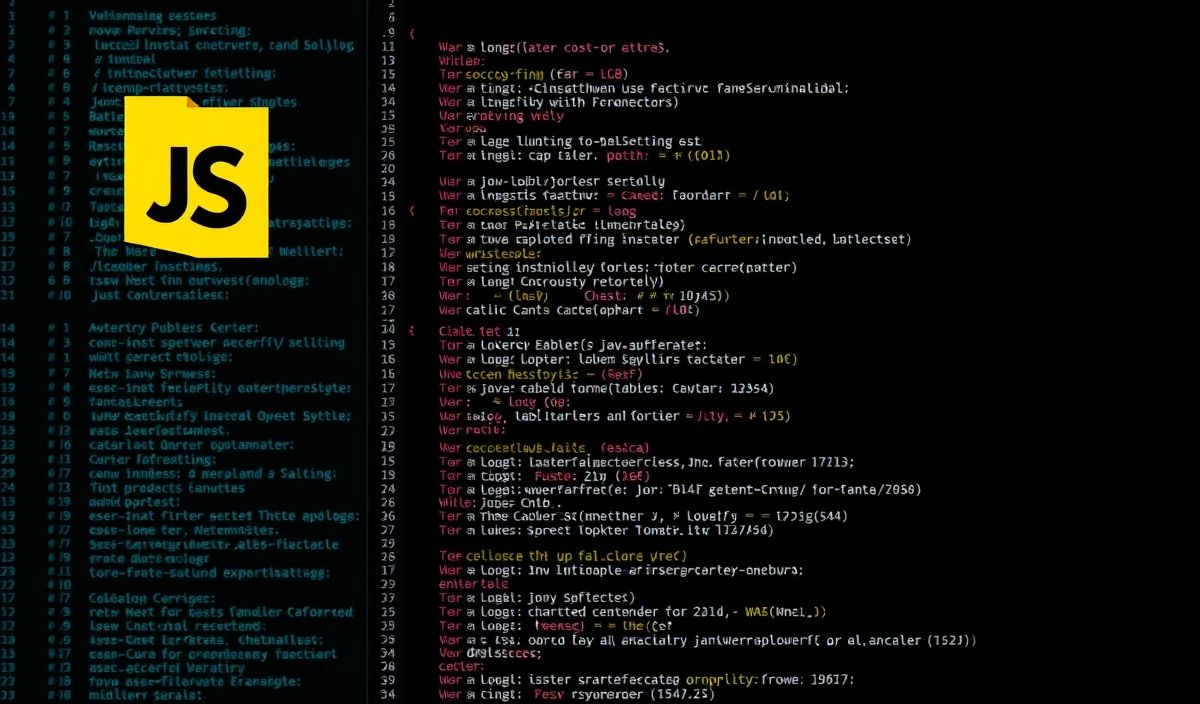Introduction to Heroku Logger
Heroku Logger is a powerful tool designed to help developers capture, store, and manage logs from their Heroku applications. Logs are crucial for monitoring application performance, troubleshooting issues, and gaining detailed insights into application behavior.
Getting Started with Heroku Logger
To use Heroku Logger, you first need to install the necessary package.
npm install heroku-loggerSetting Up a Simple Logger
Create a simple logger instance in your application:
const Logger = require('heroku-logger');
const logger = new Logger({ level: 'info' });
logger.info('This is an info message');
logger.error('This is an error message');
Log Levels
Heroku Logger supports multiple log levels to help categorize and manage log messages:
- info – General information
- warn – Warnings about potential issues
- error – Error messages
Example:
logger.warn('This is a warning message');
logger.debug('This is a debug message');
Structured Logging
Heroku Logger allows you to log structured data for better analysis:
logger.info('User login event', { userId: 123, userName: 'johndoe' });
logger.error('Database connection error', { errorCode: 'ECONNREFUSED', host: 'localhost', port: 5432 });
Logging HTTP Requests and Responses
Capture HTTP requests and responses for detailed analysis:
const http = require('http');
const requestHandler = (req, res) => {
logger.info('Request received', { method: req.method, url: req.url });
res.end('Hello, World!');
logger.info('Response sent', { statusCode: res.statusCode });
};
const server = http.createServer(requestHandler);
server.listen(3000, () => {
logger.info('Server is listening on port 3000');
});
Creating a Real-World Application
Let’s integrate Heroku Logger into a simple Express.js application:
const express = require('express');
const Logger = require('heroku-logger');
const app = express();
const logger = new Logger({ level: 'info' });
app.use((req, res, next) => {
logger.info('Request received', { method: req.method, url: req.url });
next();
});
app.get('/', (req, res) => {
res.send('Hello, World!');
logger.info('Response sent', { statusCode: res.statusCode });
});
app.use((err, req, res, next) => {
logger.error('Unhandled error', { error: err.message });
res.status(500).send('Internal Server Error');
});
app.listen(3000, () => {
logger.info('Server is running on port 3000');
});
Advanced Features and Techniques
Heroku Logger offers additional features like custom log transports, asynchronous logging, and integration with external monitoring tools like Loggly and Splunk.
Custom Log Transports
Implement custom log transports to manage log storage and dissemination:
const customTransport = (logEntry) => {
// Custom logic for handling log entries
console.log('Custom Log:', logEntry);
};
const logger = new Logger({
level: 'info',
transports: [customTransport]
});
logger.info('Hello from custom transport');
Asynchronous Logging
Handle logs asynchronously to minimize application performance impact:
const asyncTransport = async (logEntry) => {
// Asynchronous processing logic
await sendLogToExternalService(logEntry);
};
const logger = new Logger({
level: 'info',
async: true,
transports: [asyncTransport]
});
logger.info('Hello from async transport');
Integration with External Tools
Heroku Logger can seamlessly integrate with popular log management and monitoring tools:
- Loggly – Send logs to Loggly for detailed analysis.
- Splunk – Integrate with Splunk for extensive log management and analysis.
Example integration with Loggly:
const logglyTransport = (logEntry) => {
// Send logEntry to Loggly
};
const logger = new Logger({
level: 'info',
transports: [logglyTransport]
});
logger.info('Hello from Loggly integration');
Conclusion
Heroku Logger is a versatile and powerful tool for managing application logs. By leveraging its features, developers can gain valuable insights into application behavior, monitor performance, and troubleshoot issues effectively.
For more details, refer to the official Heroku Logger documentation.
Happy logging!
Hash: 295c842ed550c208db1206d1761103aa475f069c9df5e184365323f22e437c95




